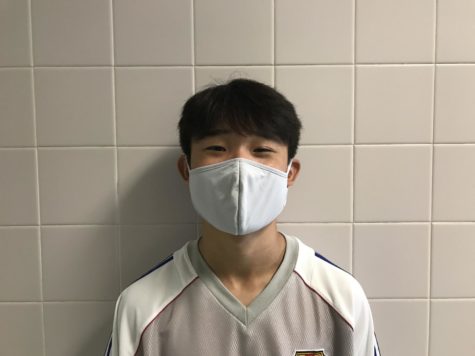Harassment in Sports Continues
November 14, 2019
Whether played for the fun of it or for a competitive team, sports impact the lives of athletes and fans in meaningful ways. However, recent actions of fans have begun to impact the games and athletes themselves. A crucial shot missed, a fatal mistake or a bad call by a coach are a few of the many reasons the public directs hateful acts and cruel comments toward professional athletes and organizations.
“Recently, Tammy Abraham, a forward for Chelsea Football Club, missed a deciding penalty in a shootout in the UEFA Super Cup Final against Liverpool Football Club,” junior Jordy Santana said. “His miss meant that Chelsea lost and some upset Chelsea ‘fans’ decided that racially abusing him over social media was the right idea.”
Santana, a Chelsea fan, was upset with the behavior of the public after the match.
“I was obviously disappointed in the result of the match,” Santana said. “However, when I saw that Abraham had been racially abused, I was disgusted that these so-called ‘fans’ would do that to someone who gave their all despite the unfortunate result.”
Sophomore Elliot Do felt the same way about the racial slurs slung at Russell Westbrook, who played for the Oklahoma City Thunder in 2018.
“There was a game in the NBA where a Utah Jazz fan was heckling Russell Westbrook and using racially insensitive slurs,” Do said. “The ‘fan’ was of course banned from ever attending a game again. This type of behavior really disgusts me and has no place in any sport.”
In October, the England National Team’s Euro 2020 qualifying match against Bulgaria was stopped twice in the first half following racist chants by the home supporters. Additionally, the match’s stewards joined these supporters in their abuse of certain English players. The police later arrested 15 fans following the racist abuse.
Santana believes that racism is a persisting problem in sports, but that if the right steps are taken, it can be reduced.
“There have been tons of accounts of racist abuse in soccer all across Europe, and it needs to be stopped,” Santana said. “I think there should be harsher punishments such as lifetime bans, games without any fans or point reductions that would make fans really think twice before abusing an opposing player based on their race, or some other factor.”
Though harsher punishments may be easier to execute when discrimination and abuse occur, there are other obstacles that may prevent one form of the abuse that athletes face.
“Throughout social media, it will be hard to combat due to the animosity that sometimes takes place online,” sophomore Pranav Mishra said.
Professional teams for any sport are meant to be supported, and this support tends to be passionate and widespread. However, there is an obvious line that must not be crossed.
“Calling out an opposing team and cheering for your own team is fine in sports,” Do said.
“But when it gets personal or racist, that’s when it must be stopped.”


